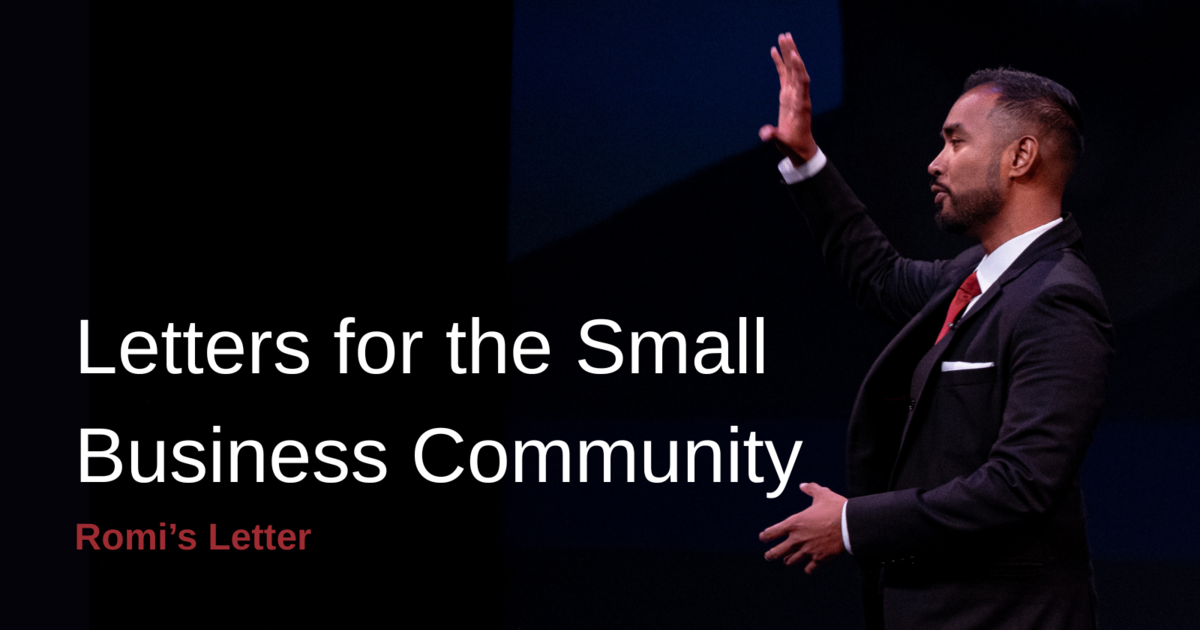This week’s topic
How I found job opportunities in “horrible job markets” by going against the grain.
In 2023, I pivoted from dance events to corporate sales but saw hundreds of posts and comments on LinkedIn lamenting how difficult it was to get job interviews*.
My experience was different.
In 4 weeks, I completed final interviews for 2 companies and had a job offer.
Here’s what I learned, and how you can apply it.
* - If you’re a business, replace “job interviews” with “sales opportunities.”
From veteran status to rookie
No corporate experience
At the time, I had 13 years of dance and events experience so getting gigs through referral was my norm.
This turned out to be a problem when I decided to change careers and pivot into the corporate world.

me hosting a dance event (no corporate exp.)
I didn’t know how to write a resume. I also didn’t know how to answer interview questions.
To anyone with a corporate background, I was a rookie.
And like a rookie, I didn’t know how to get a job.
Learn the life
Breaking into tech
My goal was to break into tech. For non-technical roles, this usually meant sales.
I had no clue what that looked like so I researched sales roles like business development representatives, sales engineers, and account executives and managers.
I wanted to figure out how to sell myself as one of them:
What did a day in their life look like?
Who did they interact with every day?
What did success mean to them and their managers?
To fast forward my learning, I enrolled in online courses that trained these roles. I also watched dozens of interviews from people in the industry.
It was a lot of time and effort invested, so I had to make sure I broke into the corporate scene.
No shame in self promotion
Closed mouths don’t get fed
After gathering enough information, I posted on LinkedIn, and told close friends and colleagues my goal: get a tech sales role.

I searched for small businesses in tech that were hiring, and sent connection requests on LinkedIn to founders, executives, and anyone else I could find on the team.
My thinking was: the smaller the team, the easier it was to be known.
Anytime someone made a LinkedIn post, I made sure to leave a comment.
If they announced new products, then I celebrated how it solved problems for customers.
If they were facing a challenge at work, then I shared recommendations and resources.
They knew my name and profile picture within days of connecting.
And that’s when the DMs rolled in.
Not just another name on a resume
Social media is for socializing
Founders and leaders responded to my DMs, mentioning they saw my comments or looked at my profile and resume. Usually, an invitation to “chat” would follow.
That’s all I wanted.

DMs are where the magic happens

He also responded to my comments and posts
On paper, I wasn’t able to compete with thousands of other job seekers—many with superior industry experience to me.
They used tools like AI resume builders and submitted applications through automation, which I was just learning about.
But I was able to get the right people’s attention by showcasing myself in conversations though comments, posts, and DMs.
In other words, I earned opportunities by socializing.
Underrated leverage
If you’re struggling to get opportunities, try going against the grain.
Where the majority of our competitors use AI for robotic productivity, be the person who uses human interaction to create relationships.
Romi

Refer Romi’s Letter to a colleague: {{rp_refer_url}}
